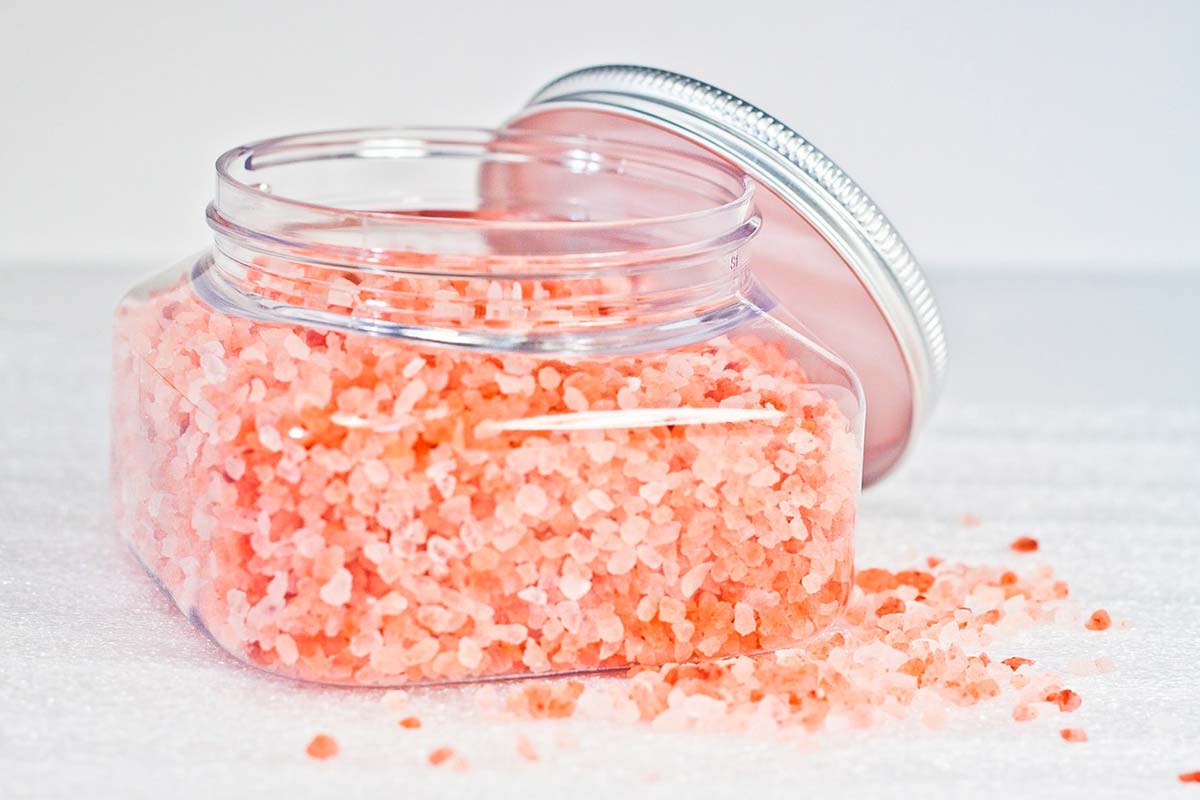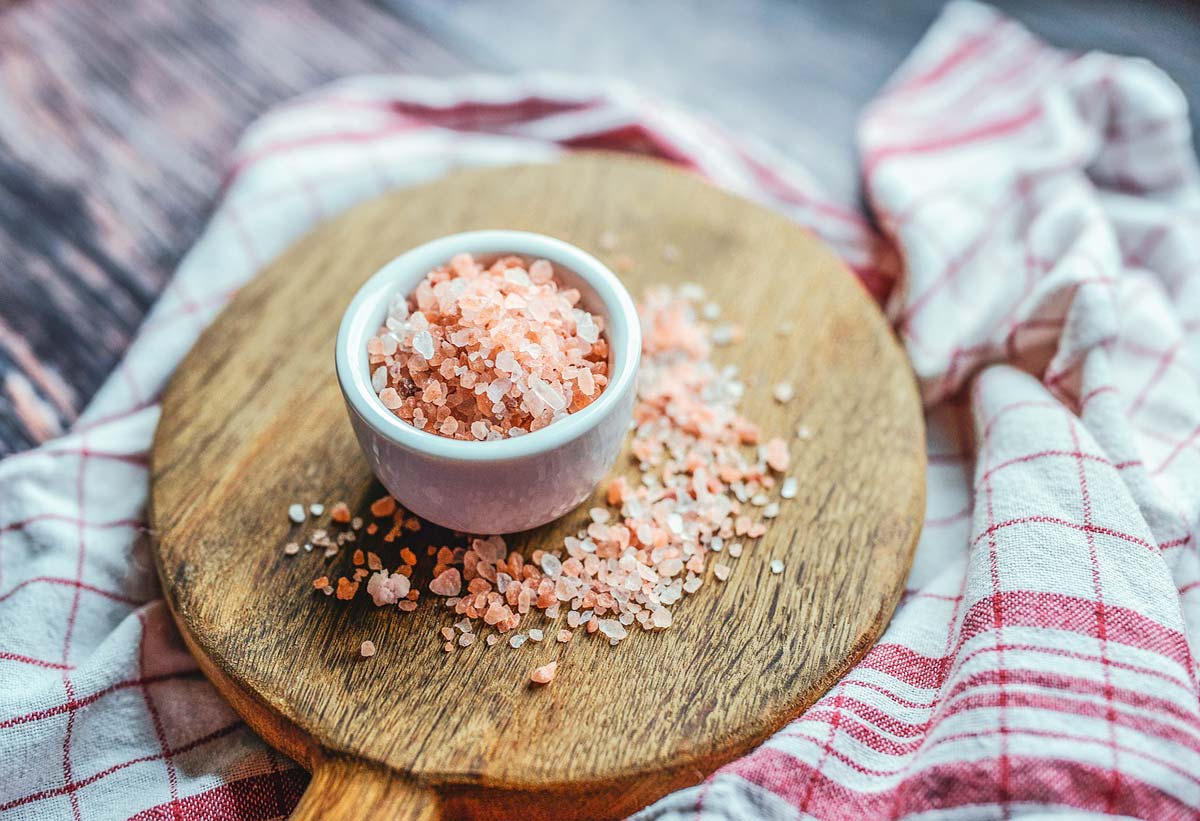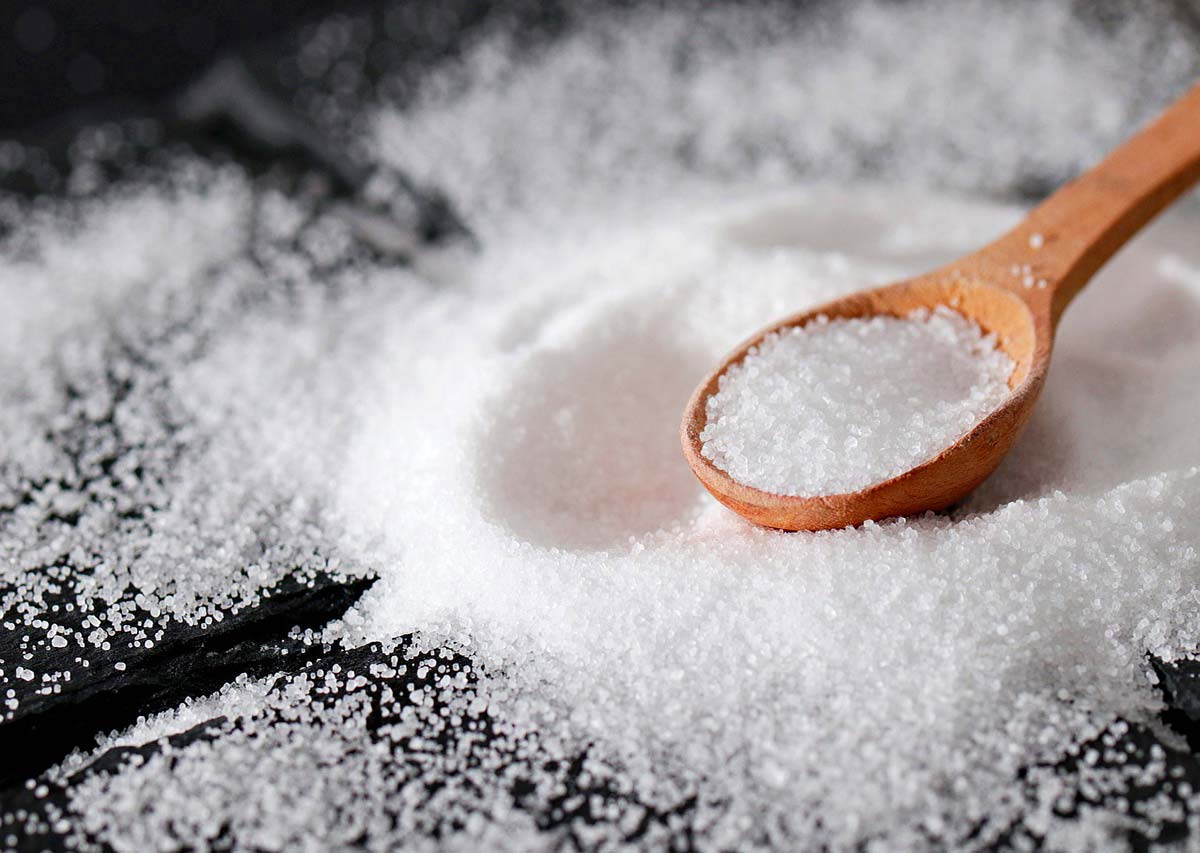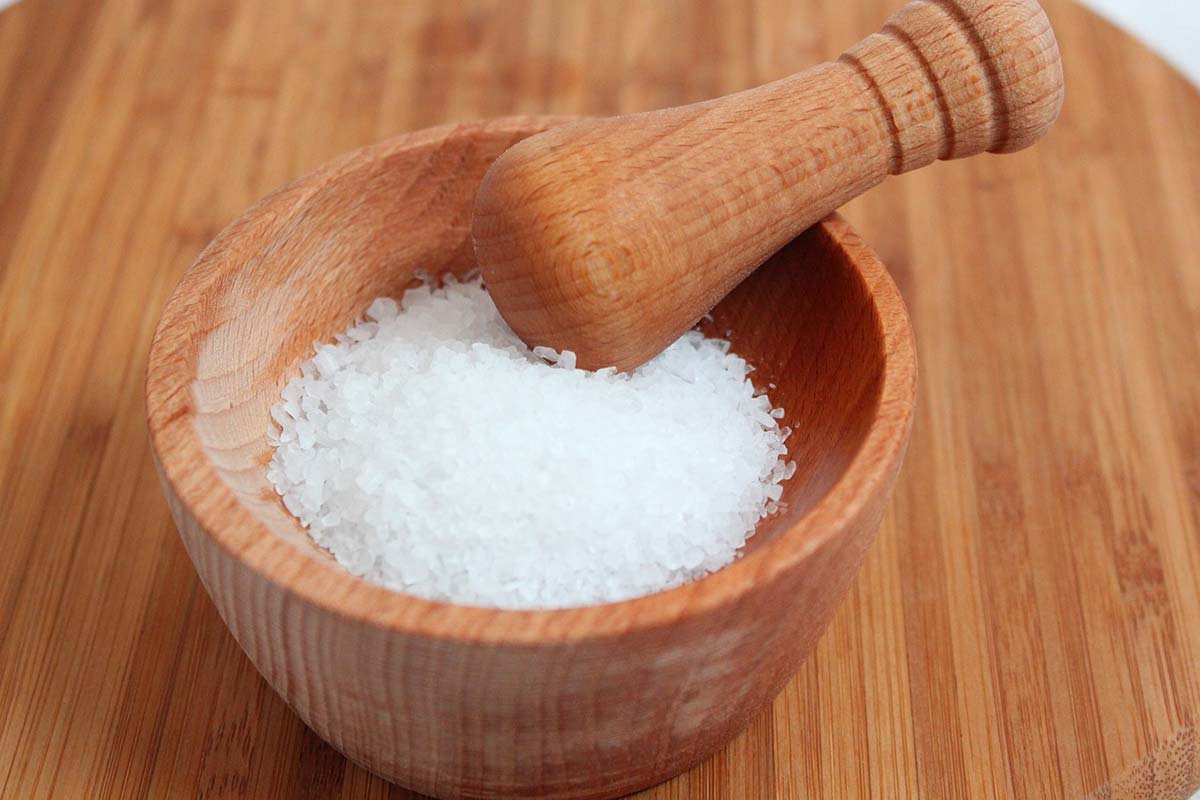The terms “edible salt” and “ordinary salt” are often used interchangeably to refer to the same substance, which is table salt. However, there can be some nuances in how these terms are understood in different contexts. Here’s an overview of the potential differences:
1. Edible Salt:
“Edible salt” simply refers to salt that is safe for human consumption. It encompasses various types of salt that are used in cooking, seasoning, and food preservation. Edible salt can include both refined salt (such as table salt) and unrefined salts (such as sea salt or Himalayan salt) as long as they meet food safety standards.
2. Ordinary Salt:
“Ordinary salt” typically refers to the most commonly used type of salt, which is refined table salt. This salt is highly processed to remove impurities and minerals, leaving behind primarily sodium chloride. It is the type of salt found in most salt shakers and used in cooking and food processing worldwide.
While “edible salt” and “ordinary salt” are often used synonymously, some people may use the term “ordinary salt” to distinguish refined table salt from more specialized or artisanal salts, such as sea salt or kosher salt. These alternative salts may have different textures, flavors, or mineral compositions compared to ordinary table salt, but they are all considered edible and safe for human consumption.
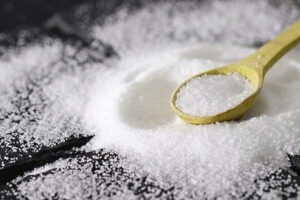
In summary, the main difference between “edible salt” and “ordinary salt” is primarily semantic, with the former emphasizing the suitability for consumption and the latter often referring to refined table salt. However, both terms generally encompass salts that are safe for human consumption and commonly used in cooking and food preparation.
how refined edible salt
The refinement of edible salt involves several steps to purify it and ensure it meets food-grade standards. Here’s an overview of the process:
1. Mining or Harvesting:
The process begins with the extraction of raw salt from underground salt deposits (mining) or from natural sources such as saltwater bodies (harvesting). Salt may be mined from rock salt deposits or obtained from seawater through evaporation ponds or solution mining.
2. Crushing and Grinding:
If the salt is mined, it is first crushed and ground into smaller particles to facilitate further processing. This step helps break down large salt crystals into smaller, uniform grains.
3. Washing:
The crushed salt may undergo a washing process to remove impurities such as dirt, rocks, and other debris. Washing helps purify the salt and improves its overall cleanliness.
4. Centrifugation:
In some cases, centrifugation may be used to further remove impurities and moisture from the salt. This process involves spinning the salt in a centrifuge to separate it from any remaining water and solid particles.
5. Drying:
After washing and centrifugation, the salt is dried to remove excess moisture. Drying may be achieved using methods such as hot air drying or vacuum drying, depending on the desired moisture content and the specific requirements of the final product.
6. Additives (Optional):
In some cases, additives such as anti-caking agents or iodine may be added to the salt to improve its flow properties or to address nutritional deficiencies. For example, iodine is often added to table salt to prevent iodine deficiency disorders.
7. Screening and Sizing:
The dried salt may be screened and sized to ensure uniform particle size and to remove any remaining impurities. This step helps produce salt with consistent quality and appearance.
8. Packaging:
The refined salt is then packaged into containers such as bags, boxes, or bulk containers for distribution and sale. Packaging may include labeling to indicate the type of salt, any additives used, and nutritional information.
Throughout the refinement process, strict quality control measures are implemented to ensure that the salt meets food safety standards and regulatory requirements. This includes testing for purity, moisture content, and the presence of any contaminants. The resulting refined salt is suitable for use in various food applications and meets the stringent quality standards expected for edible products.
Looking for edible salt: Click here

